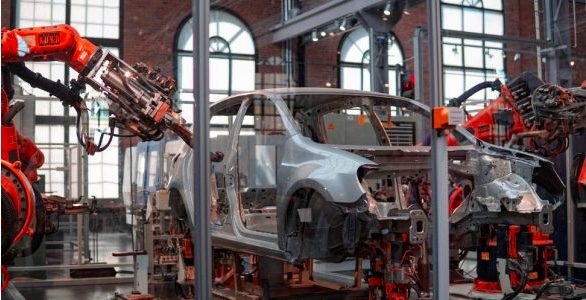
Tesla boasts about their ethics, but what’s the truth about their ethics?
A report published by the Washington Post reveals the evidence of an investigation into the supply chains of major auto companies that are producing electric vehicles (EVs). The findings portray that “every one of them is at high risk of making cars that use forced labor.”
Problems with material sourcing
Within this context, an especially pressing concern arises regarding material sourcing, particularly from China’s Uyghur region. This area is known for its coercive labor practices, but EV companies depend on their supply of materials like lithium for batteries, aluminum, zinc, graphite, and steel. Despite global efforts to curb the use of products from the Uyghur region, evidence suggests that many suppliers are attempting to bypass these restrictions. This raises serious questions about the ability of companies to vet their supply chains effectively and a doubling down on rules and regulations to ensure ethical sourcing practices.
“Chinese supply chains that provide the industry with materials for batteries, bodies and wheels include companies that openly use Xinjiang labor,” according to The Post’s examination.
